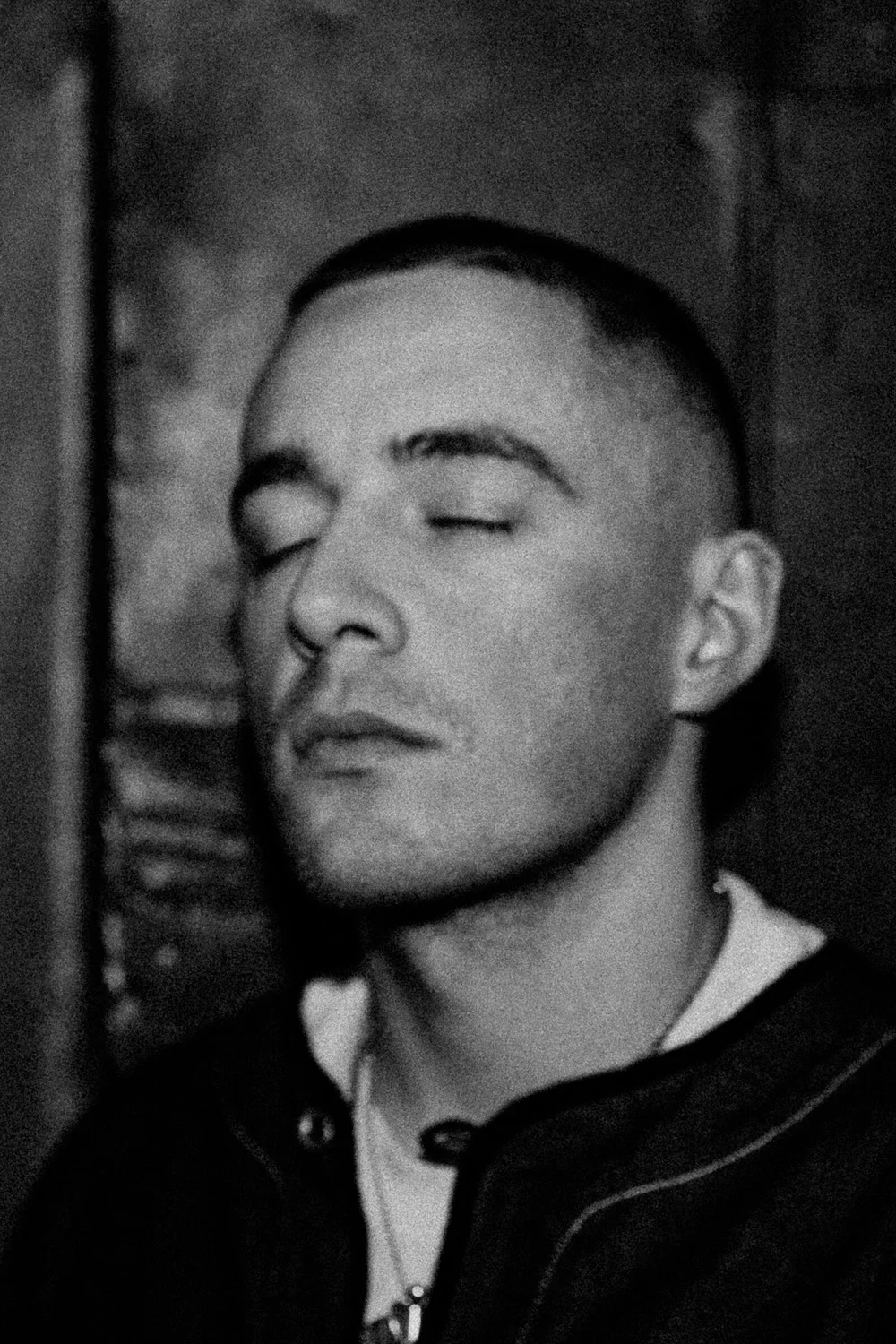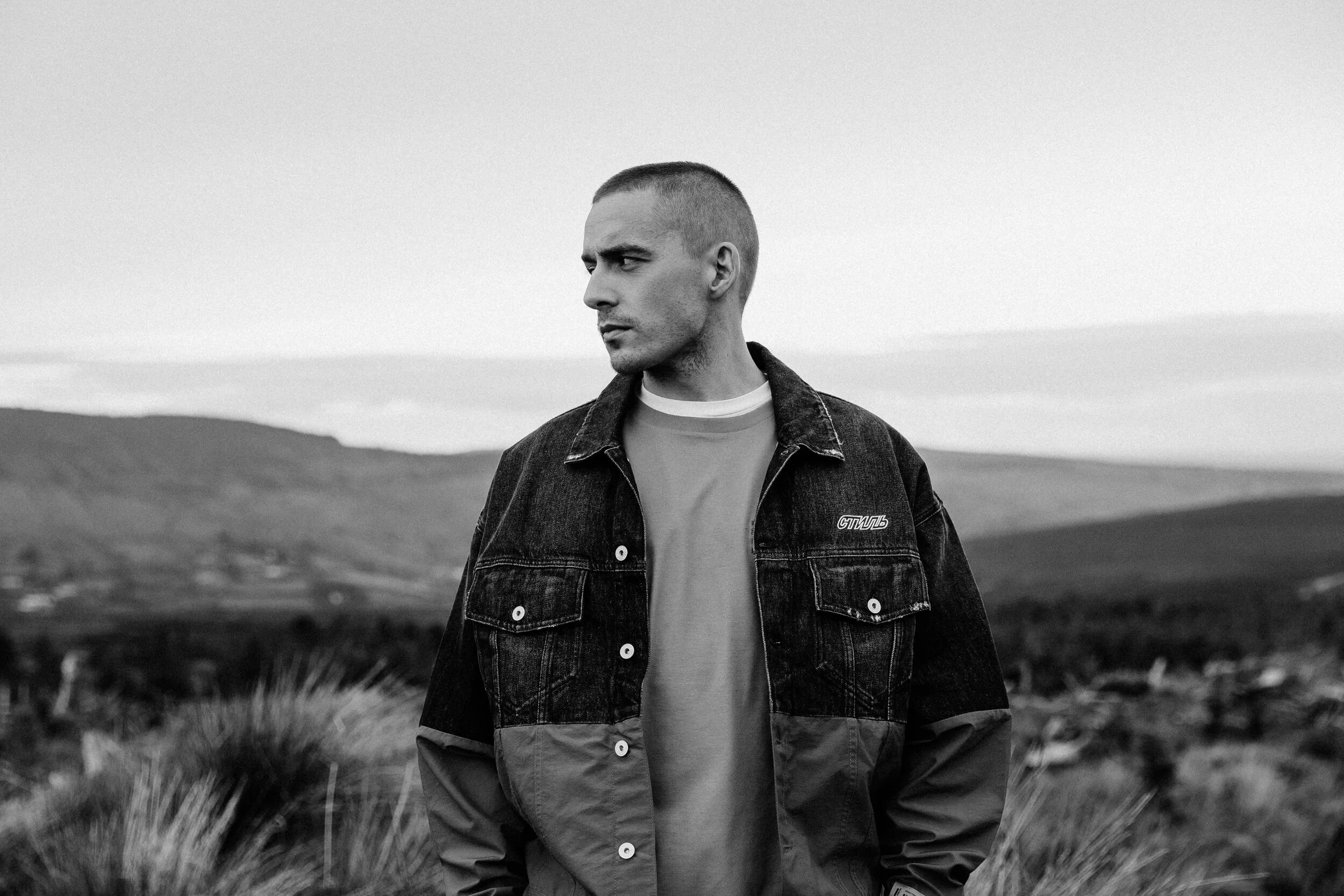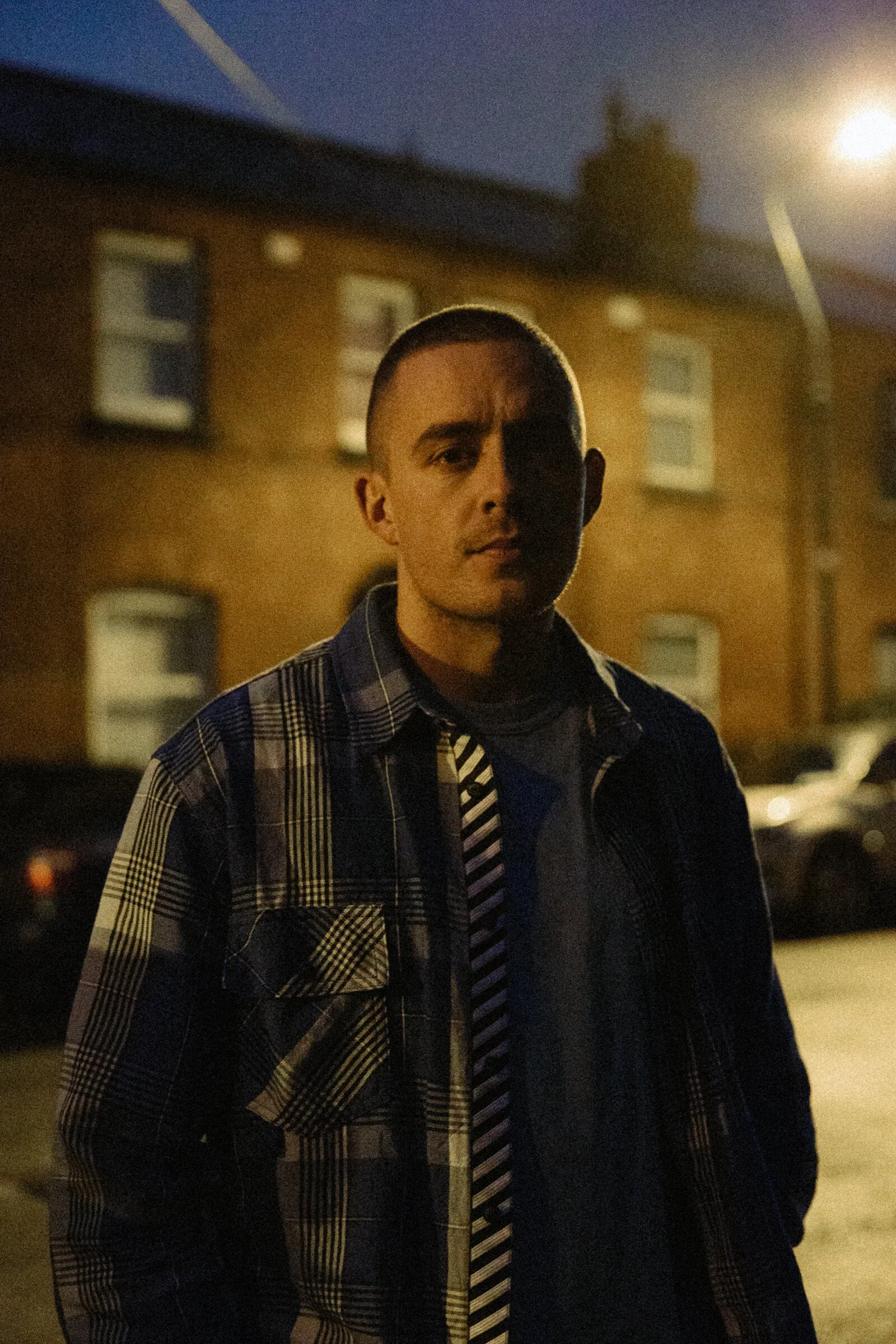Dermot Kennedy Finds His Place in the World
The Road from Grafton Street
On Grafton Street in Dublin, music has a way of rising above the shuffle. The cobblestones echo with footsteps, the chatter of shoppers carrying glossy bags, and the clang of a busker’s guitar case snapping shut. Flower baskets spill color from iron lampposts, and the scent of roasted chestnuts drifts in winter. Street performers vie for attention: fiddlers, folk singers, and painted mimes who pose as statues. Amid this swirl of sound and spectacle, a teenage Dermot Kennedy once staked out his own corner.
He remembers the hours spent braving the cold, his voice competing with the clamor. Some people walked past without a glance. Others paused, leaning in, as though something in his lyrics made them forget where they were headed. “It was quite freeing,” Kennedy says now. “Busking was a very lucid experience, one that involved lots of experimentation, and sometimes humiliation.”
What he learned on Grafton Street has never left him. To play on the street is to gamble. A song either reaches someone or it is swallowed whole by the noise of the city. “It took a bit of time to realize I’m not playing a random bar or the street,” he reflects, comparing it to the present moment. “There are people here to hear these songs.”
From Background Noise to Center Stage
That realization has become his mantra. On the street, he was an accidental soundtrack to the everyday rhythms of Dublin. Today, his audiences travel miles and pay good money to see him. Kennedy finds reassurance in that. “They’re on your side,” he reminds himself before every show. “Why would they pay otherwise?”
The perspective keeps him grounded as he tours the world with his debut album, Without Fear. The record catapulted him from anonymity to international acclaim. Despite the size of the venues and the roar of the crowds, he still carries himself with the warmth of someone bemused by his own rise. In conversation, his laugh arrives easily, softening even his sharper critiques of the music industry. His Irish lilt adds an intimacy, as if he is telling a story by a fire rather than preparing to walk on stage at an arena.
Ireland’s Echo in His Work
To understand his music, one must understand where it comes from. Kennedy grew up in Rathcoole, just outside Dublin, surrounded by fields and forests. The countryside remains etched in his memory. Mist hanging over hedgerows in the early morning, rain breaking against the roofs in steady percussion, the hush of quiet roads where one could walk for miles without passing another soul. “Where I grew up was fields and forests, and even in that sense I was constantly inspired,” he says.
That sense of rootedness never quite leaves him, even when he is oceans away. The tension between home and the road is one he acknowledges often. “It can be difficult for an artist to be known for a body of work while still remaining attached to their home,” he admits. But Ireland endures, unchanging in its greenness, waiting for him. “Do your best to remind yourself that you’ll be home before long,” he says.
Ireland also gave him a lineage. “I’m inspired by anyone telling a story,” Kennedy says, naming Van Morrison, “the archetype of soul and class swilled into one voice,” and Damien Rice, whose album O became a touchstone for a generation. Kennedy speaks of them with reverence, but also as peers within a shared tradition. “To be able to look at a wealth of other artists and just want to be a part of that history is a lovely thing,” he says, his voice brightening.
A Blueprint from Bon Iver
If Ireland gave him his foundation, Justin Vernon, better known as Bon Iver, offered a model for staying true to it. Vernon’s choice to remain in Eau Claire, Wisconsin, far from the centers of music and fame. “That guy can really be anywhere in the whole world but that’s his place to be,” Kennedy says. For him, Vernon’s example is proof that success does not have to strip an artist of his home.
“The nerves make way for excitement,” Kennedy says of walking onto stage. “It’s easy to get nervous. You have to remind yourself that people paid to come see you.” The same grounding that keeps him tethered to Ireland steadies him before a crowd of thousands.
The Race Against Relevance
Kennedy is keenly aware of the modern pressures of fame. Streaming platforms have created both possibility and precarity. “Even if someone comes out with a song that’s potentially timeless, it doesn’t necessarily mean that gets to become that,” he says. “Next week there’s going to be a bunch of new music and, I’m just saying, everything is happening so fast and everybody is bringing out stuff all the time because people are terrified of losing their relevance.”
His candor is striking in an industry that often cloaks such concerns. To Kennedy, the churn of music can feel at odds with the intimacy he seeks to create. The boy on Grafton Street once measured success in a passerby who slowed his step. Today he resists measuring it in clicks or streams.
The Vanishing Mystery of Touring
Touring, once the lifeblood of a musician’s mystique, has also shifted. Kennedy speaks with nostalgia for a time when the act of going on tour carried mystery. “Back in the day if Thin Lizzy went on tour in America it would really be a case of like, alright, see you in a couple months, and no social media to keep up with where they are. It would just be playing brilliant shows,” he says.
Now fans follow every city, every set list, every moment online. The separation that once gave artists a sense of legend has dissolved. What remains sacred is the performance itself. That hour or two in the lights is the only space left where distance collapses into genuine presence.
A Voice That Stops You in Your Tracks
That presence is where Kennedy excels. His concerts are not built on pyrotechnics or elaborate spectacle. They are built on voice and conviction. The same qualities that once made strangers pause on Grafton Street now fill vast rooms with stillness.
As he rises higher, Kennedy carries two landscapes within him. One is Dublin’s Grafton Street, alive with color, chatter, and the gamble of a busker’s song. The other is the quiet of Ireland’s countryside, fields and forests that anchor him no matter how far he travels. Together, they shape the man who sings before thousands but remembers the value of stopping one person in their tracks.
“They’re on your side,” he repeats, almost like a benediction. In those words, one hears the echo of the boy who once sang for spare change and the artist who now sells out arenas, both believing still that honesty is enough.
From the LYFSTYL original series - “On the Road” - original posted in 2020.
Photography Lucy Foster.



